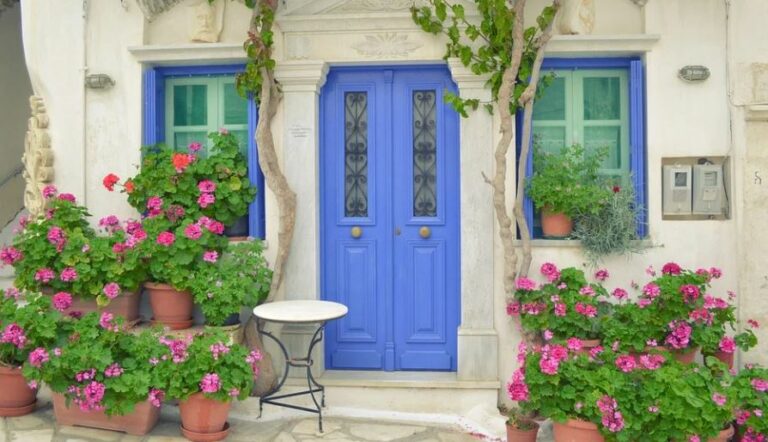Jason Horowitz is the New York Times bureau chief in Rome and covers Italy, the Vatican, Greece, and other parts of southern Europe. Last summer he visited Greece with his family, specifically the island of Tinos. In the article he published in the newspaper he extolled the beauties of the island – which as he says ue9ng a pun or the strong winds “blew their minds”.
“Tinos is the third largest island in the Cyclades and has more than 60 villages, most still inhabited and folded into Aegean-facing cliff sides or valleys like spilled white paint. The water ringing its beaches is turquoise. Its blood orange sunsets are surreal”, the author writes in the piece, in which the journalist makes extensive reference to the island’s summer winds, the intensity of which exceeded any previous this year, according to the discussions he had with businessmen Island’s.
From the New York Time
We arrived in Tinos at night and the wind hit us full blast. It was hard to breathe, like when you’re a kid and you stick your head out the back window of a speeding car. The rows of broom grass shrubs on the rental property pointed at us, horizontal. Airborne grains of sand and dirt stung our shins.
We had been expecting Tinos’s famous Meltemi, the seasonal and often fierce northern winds that blow through the islands in the summer, to cool us down after a heat wave suffocated Rome, where we live. But not this. We walked up to the house, struggling against the wind with the exaggerated steps of mimes.
“You get used to it,” the property manager who greeted us shouted over the gales. He also told me to repark the small yellow car we had rented, so that it faced the oncoming wind. This way, he explained, the gusts would not rip the opened doors off and send them flying into the Tinos night. “It could create some serious damage,” he said.
Inside, he informed us that he was a gym teacher, and he had a lesson for our kids — their hair mussed, their balance off — about the Meltemi. Tinos, known in antiquity as the “island of the winds,” was, he claimed, the birthplace of Aeolus, the Greek god who managed the violent storm winds. The wind needed to be respected, he said. The doors needed to stay shut. Don’t touch the windows.
more nytimes.com
also read
Greek player Fountas investigated for alleged racism against opponent in US Soccer League
Ask me anything
Explore related questions





